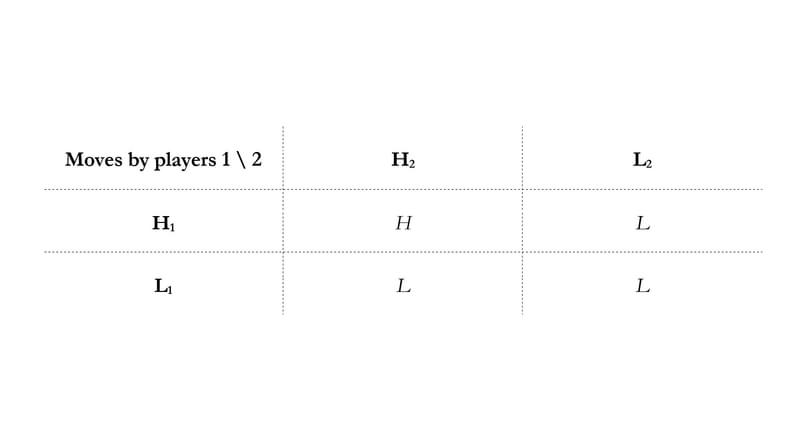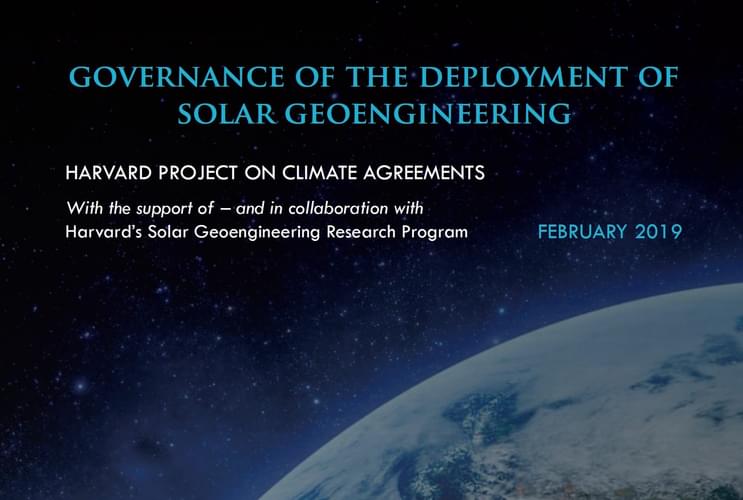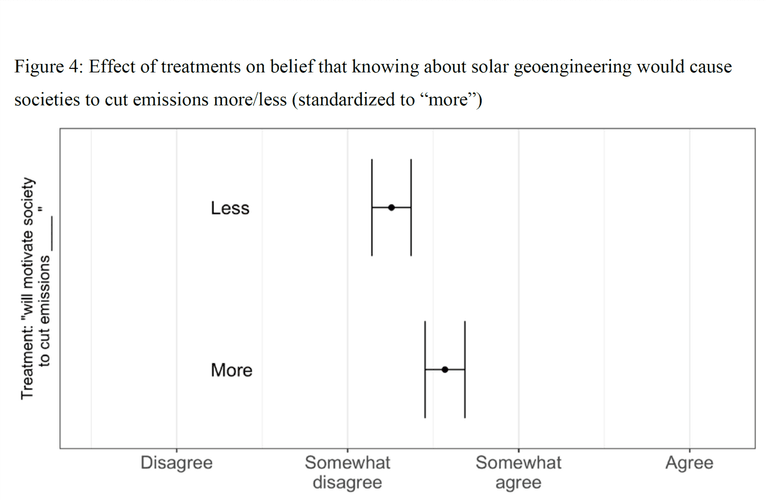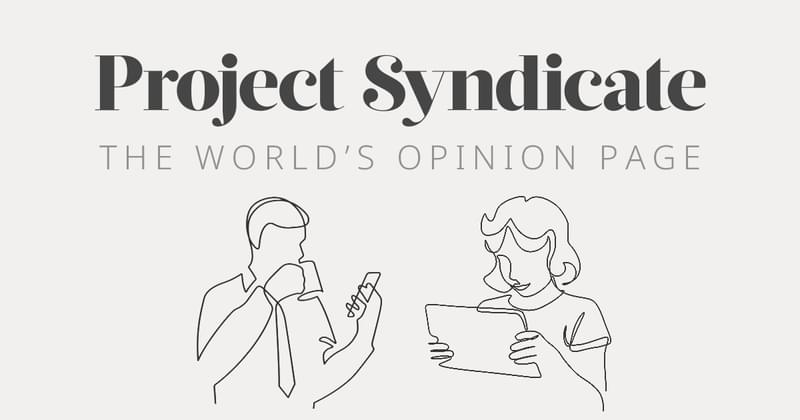Availability of risky geoengineering can make an ambitious climate mitigation agreement more likely
by Adrien Fabre and Gernot Wagner

by Adrien Fabre and Gernot Wagner

The core question is whether any kind of technofix that sustains fossil-fueled capitalism and the status quo can be considered “green.”

Moral hazard [ˈmôrəl ˈhazərd, noun]—The lack of incentive to guard against risk when one is protected from its consequences.

Efforts to combat climate change should be pragmatic above all else.

by Aseem Mahajan, Dustin Tingley, and Gernot Wagner

Pasadena, CA

by Elizabeth T. Burns, Jane A. Flegal, David W. Keith, Aseem Mahajan, Dustin Tingley, and Gernot Wagner

It would be barking mad to take up smoking simply because an experimental cancer treatment showed some promise on a lab rat

The moral dilemma on climate